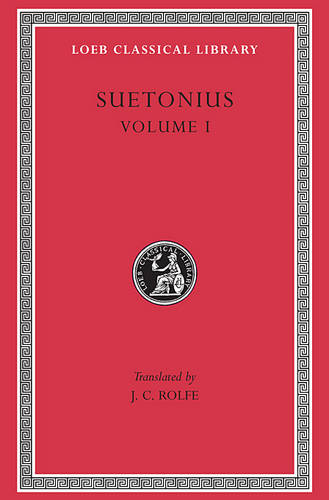
Caesar maintained his alliance with Pompey, which enabled him to get elected as consul, a powerful government position, in 59 B.C. In 61 to 60 B.C., Caesar served as governor of the Roman province of Spain. Their marriage lasted just a few years, and in 62 B.C., the couple divorced. In 67 B.C., Caesar married Pompeia, the granddaughter of Sulla. Caesar went on to serve in several other key government positions. Soon after, in 68 or 69 B.C., he was elected quaestor (a minor political office). when he put together a private army and combated Mithradates VI Eupator, king of Pontus, who had declared war on Rome.Ĭaesar began an alliance with Gnaeus Pompey Magnus, a powerful military and political leader. The die is cast.” “I merely want to protect myself against the slanders of my enemies.” “My aim is to outdo others in justice and equity, as I have previously striven to outdo them in achievement.” “I came, I saw, I conquered.”Ĭaesar’s stature was further enhanced in 74 B.C. Conditions and Exceptions apply.“For the immortal gods are accustomed at times to grant favorable circumstances and long impunity to men whom they wish to punish for their crime, so that they may smart the more severely from a change of fortune.” “If you must break the law, do it to seize power: In all other cases, observe it.” “What we wish, we readily believe, and what we ourselves think, we imagine others think also.” “The res publica is nothing-a mere name without body or shape.” “You too, my child?” “Now that I am the leading Roman of my day, it will be harder to pull me down from first to second place than degrade me to the ranks.” “No, I am Caesar, not king.” “For those closest to a man ought not to allow his death to end their loyalty to him.” “An omen! A prodigy! Let us march where we are called by such a divine intimation.

This work may be freely reproduced, stored and transmitted, electronically or otherwise, for any non-commercial purpose. Kline © Copyright 2010 All Rights Reserved In addition to fragments of Illustrious Writers, which include short biographies of Virgil, Horace, and Lucan, his main work extant is The Twelve Caesars. He was however one of several Palace officials, including the Guards Commander, whom Hadrian later dismissed, apparently for complex reasons to do with Hadrian’s relationship with his Empress Vibia Sabina. Suetonius later became general secretary to the Emperor Hadrian (117-138AD), and occupied a number of other important offices. Pliny helped him buy a small property and find favour with the Emperor Trajan. From the letters of Suetonius’ close friend Pliny the Younger, consul in 100AD, we know that he briefly practised law. His father, Suetonius Laetus, was a tribune of equestrian rank in the Thirteenth Legion Gemina. 69AD, probably in Hippo Regius in North Africa, (modern Annaba, in north-eastern Algeria), and died sometime after 122AD. Suetonius (Gaius Suetonius Tranquillus) was born c. Though often questioned regarding its ultimate reliability as history, the Twelve Caesars provides an unforgettable portrait of Rome under the early Emperors, and of the Emperors themselves Suetonius is a major source of information on the life of Caligula, his uncle Claudius, and the heritage of Vespasian (the relevant sections of the Annals by Tacitus his contemporary being lost). It provides valuable information on the heritage, personal habits, physical appearance, lives and political careers of the protagonists, and mentions details that other sources do not. The work is dramatic, and packed with incident.

Suetonius delved into the Imperial archives to research eyewitness accounts, obtain factual information, and compile related material to produce his summary, as well as gathering anecdotal and other evidence from writers and historians of the period. The work, probably written around 121AD in the reign of Hadrian, therefore covers the crucial and highly eventful period of Roman history from the end of the Republic to the reign of Domitian. In the Twelve Caesars ( De Vita Caesarum) Suetonius provides us with biographies of Julius Caesar and the eleven Roman Emperors who followed him.


 0 kommentar(er)
0 kommentar(er)
